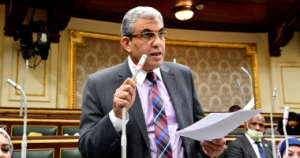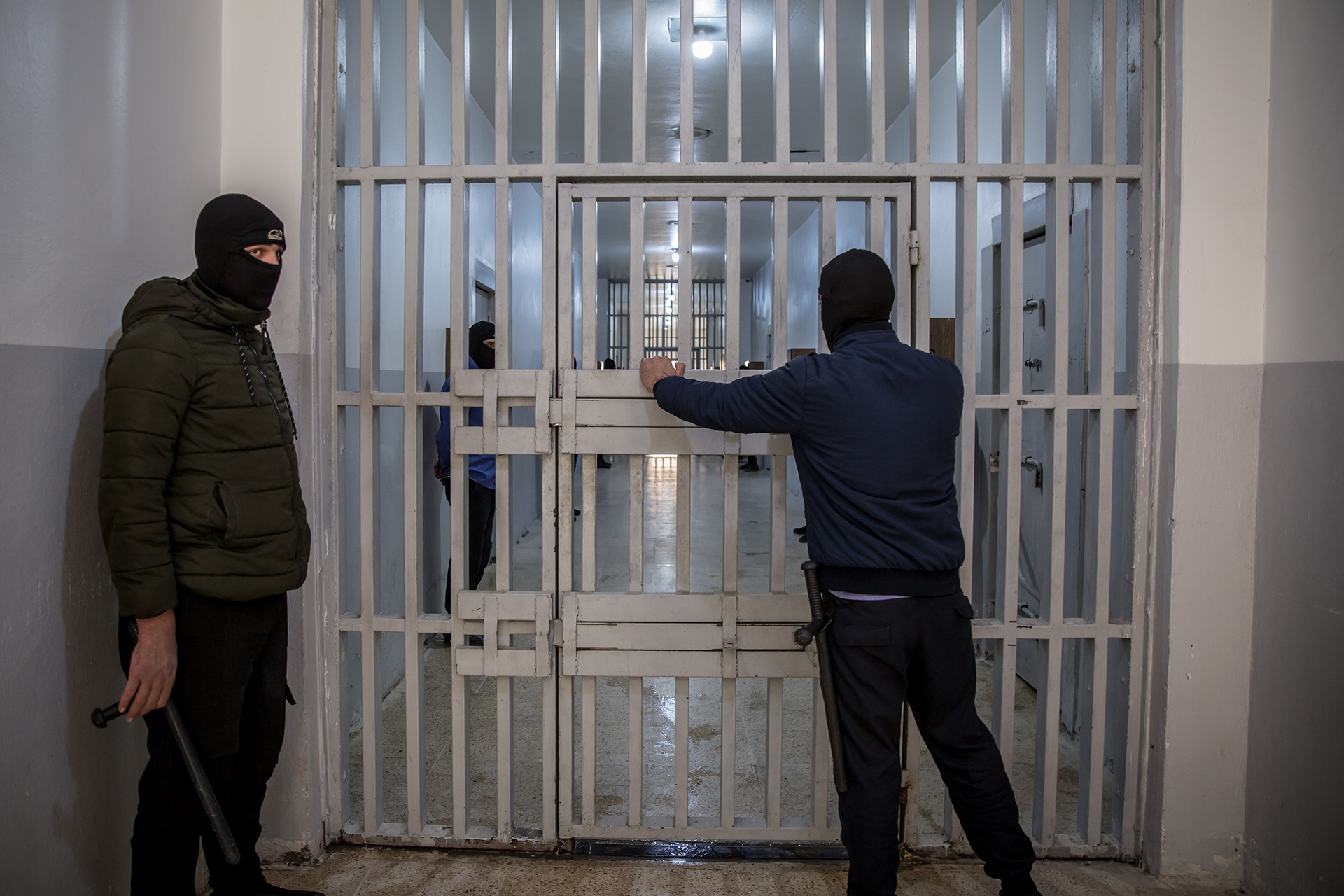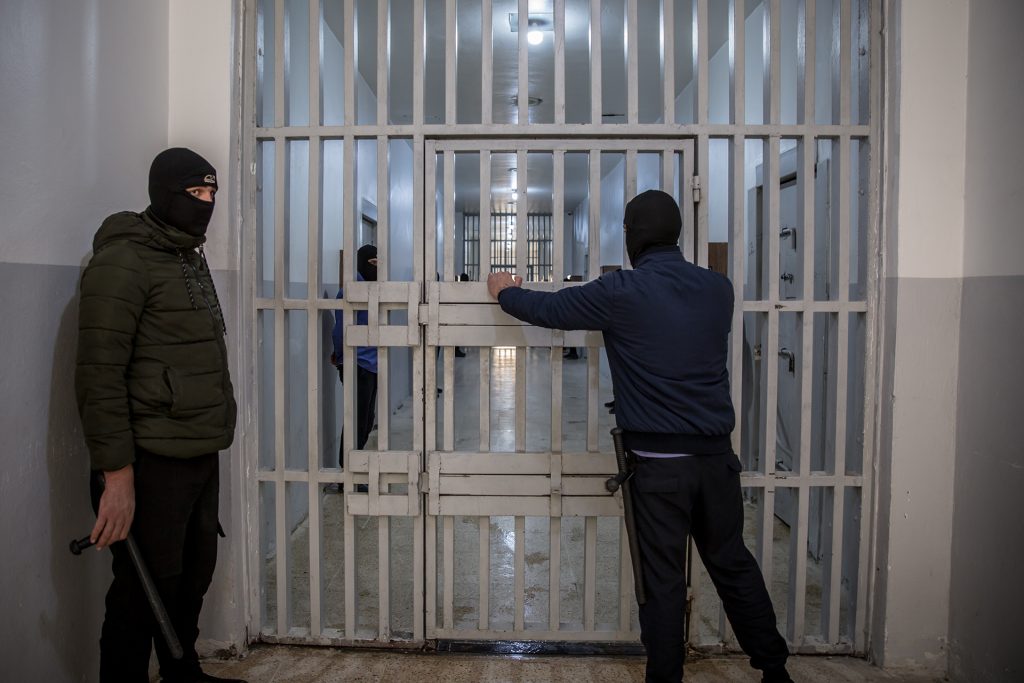An Iraqi security source told Al Jazeera that Baghdad is trying to reach understandings with the Syrian Democratic Forces (SDF) to receive leaders and members of the Islamic State (ISIS) detained in SDF prisons in northeastern Syria who hold Iraqi nationality. These efforts come amid fears that the SDF might facilitate the return of ISIS activity to persuade the US forces to delay their withdrawal from Syria. The Iraqi side also fears losing control over ISIS members if tensions escalate between the Syrian government and the SDF or if the latter uses the detainees as leverage against Damascus. Concerns have grown following the US decision to withdraw from sensitive bases starting September, abandoning a previous agreement with Baghdad to withdraw over a year ending in 2026.
Recently, the international coalition informed Iraq of ending troop withdrawals from Al-Tanf base in Syria and other bases in Iraqi Kurdistan, leaving only advisors, which increased fears due to near-total reliance on US forces for preemptive strikes preventing ISIS resurgence. Baghdad had previously received many Iraqi ISIS leaders and hundreds of families accused of affiliation but has not secured all Iraqi detainees in northeastern Syria. These fears intensified after SDF media reported escapes of ISIS detainees from a prison in Hasakah following clashes with guards. Such reports are often met with skepticism in Syria, as escapes have been repeatedly announced when US withdrawal discussions arise. On August 20, a US force killed a prominent Iraqi ISIS leader, Salah Nouman, in an air assault in Idlib. Syrian security sources confirmed Nouman was among the most dangerous wanted and active in ISIS cells in Syria.
Earlier, Syrian security arrested an ISIS cell in Harim, Idlib countryside, involved in assassinations including Iraqi residents. ISIS appears to exploit security gaps in Syria due to incomplete security apparatus and areas outside government control, trying to create operational space for its cells. Iraqi and Syrian sides reportedly exchange information on ISIS activity to reduce its strength.














Recommended for you
Talib Al-Rifai Chronicles Kuwaiti Art Heritage in "Doukhi.. Tasaseem Al-Saba"
Exhibition City Completes About 80% of Preparations for the Damascus International Fair Launch
Unified Admission Applications Start Tuesday with 640 Students to be Accepted in Medicine
Egypt Post: We Have Over 10 Million Customers in Savings Accounts and Offer Daily, Monthly, and Annual Returns
His Highness Sheikh Isa bin Salman bin Hamad Al Khalifa Receives the United States Ambassador to the Kingdom of Bahrain
Al-Jaghbeer: The Industrial Sector Leads Economic Growth